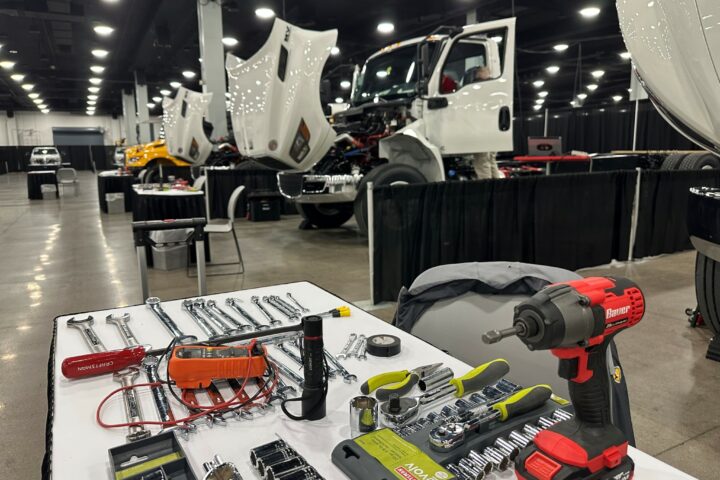The U.S. Environmental Protection Agency (EPA) issued new guidance to engine manufacturers on Aug. 12 regarding diesel exhaust fluid (DEF) systems to prevent unnecessary engine shutdowns and power loss.
The announcement by EPA administrator Lee Zeldin during a media call reduces derating — an automatic trigger forcing the engine to operate at a reduced capacity far below its capability — and increases the amount of time operators have to secure DEF and refuel trucks.
Previously, truck drivers faced rapid engine slowdown to 5 mph (8 km/h) within just four hours of a sensor alert. DEF is used to reduce harmful nitrogen oxide (NOx) emissions from diesel engines.

Under EPA’s new guidance for heavy-duty trucks, after a fault is detected, only a warning light will appear for 650 miles (1,046 km) or 10 hours. Zeldin said that most significantly, there is no performance impact for at least a full work day.
Then, the engine only mildly derates, by 15%, but will not limit speed, allowing trucks to operate normally for up to 4,200 miles (6,720 km) or two work weeks. “For reference, a Class 8 tractor needs approximately 250 horsepower to go 70 mph (112 km/h),” he said.
More time to fix issue
The engine will continue to perform like this, not limiting the truck’s ability to accomplish its mission for 4,200 miles (6,720 km), or roughly two work weeks before reducing power. Only after 10,500 miles (16,898 km), or 160 hours — the equivalent of four work weeks — will the vehicle see a speed derate down to 25 mph (40 km/h), where it will remain until repaired.
Zeldin said that he expects most operators to repair their vehicles within a couple of days or weeks and all to repair them before they reach the 10,500-mile or 160-hour limit.
He added that DEF systems don’t always operate as intended and can cause operational delays and economic hardship.
No separate EPA approvals required
No separate EPA approvals will be required for manufacturers to revise their DEF system software in existing vehicles.
These modifications provide more flexibility and reliability without compromising air quality or emissions reductions, Zeldin stated.
Looking ahead, starting with the model year 2027, all new diesel engines will be required to prevent severe power loss and shutdowns tied to DEF issues.
The new guidance bridges the gap between now and then, ensuring existing vehicles on the road and in the field are just as dependable and new vehicles and equipment don’t have these issues, Zeldin said.
OOIDA welcomes change
The Owner-Operator Independent Drivers Association (OOIDA) was quick to welcome the changes.
“OOIDA and the 150,000 small-business truckers we represent thank Administrator Zeldin for listening to the men and women behind the wheel who keep America’s economy moving,” OOIDA president Todd Spencer said in a statement.
“EPA’s guidance establishes more common sense inducement schedules that will help drivers maintain safe control of their vehicles as they diagnose and remedy faulty DEF/SCR systems. More flexible inducement speeds and times will help truckers finish their trips, plan for necessary maintenance, and avoid parking their truck for an extended period simply because of a false alarm. Nonsensical inducement rules have sidelined small-business truckers for too long and this accelerated relief shows what can be achieved when regulators hear directly from the people doing the job.”












